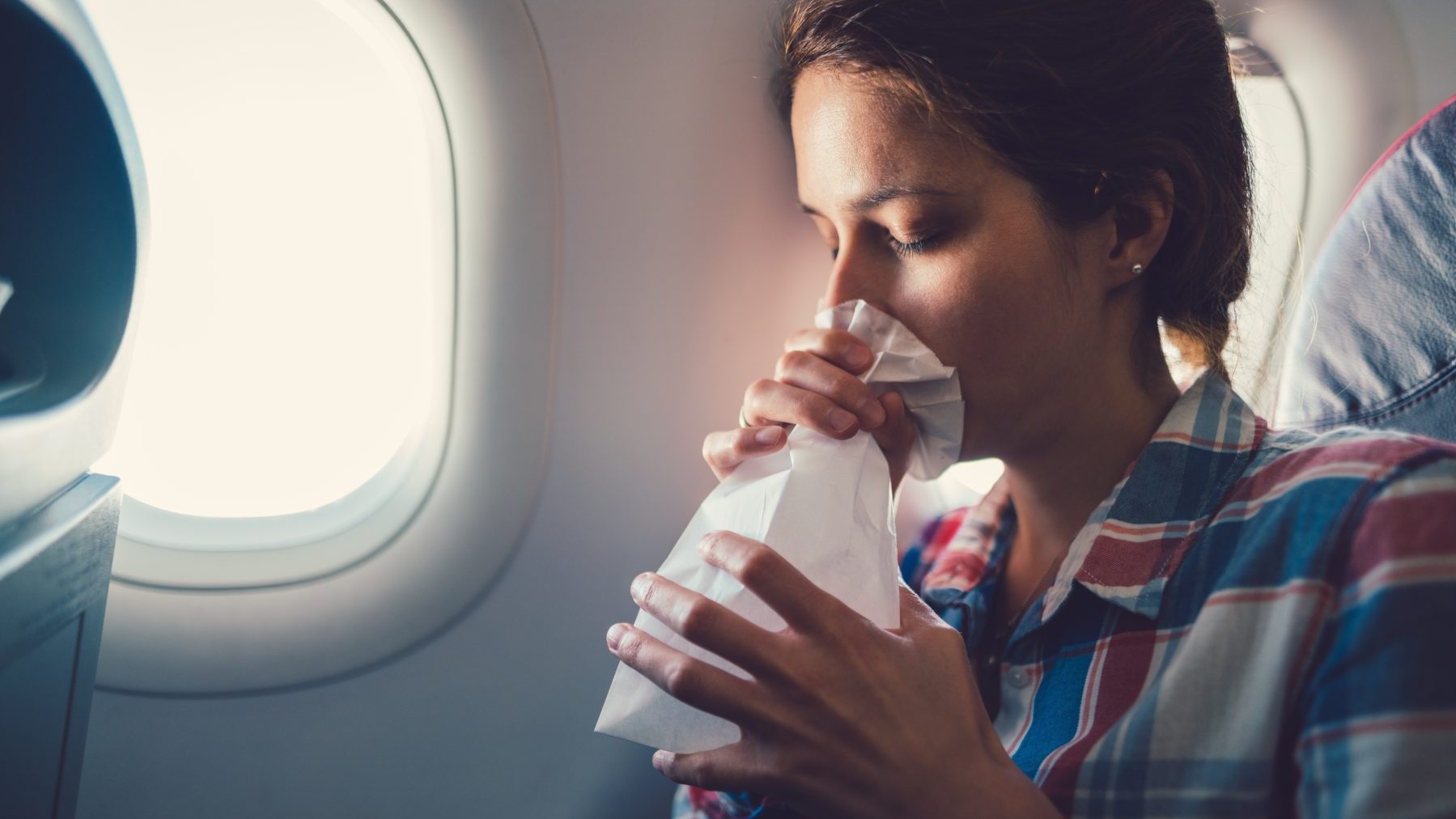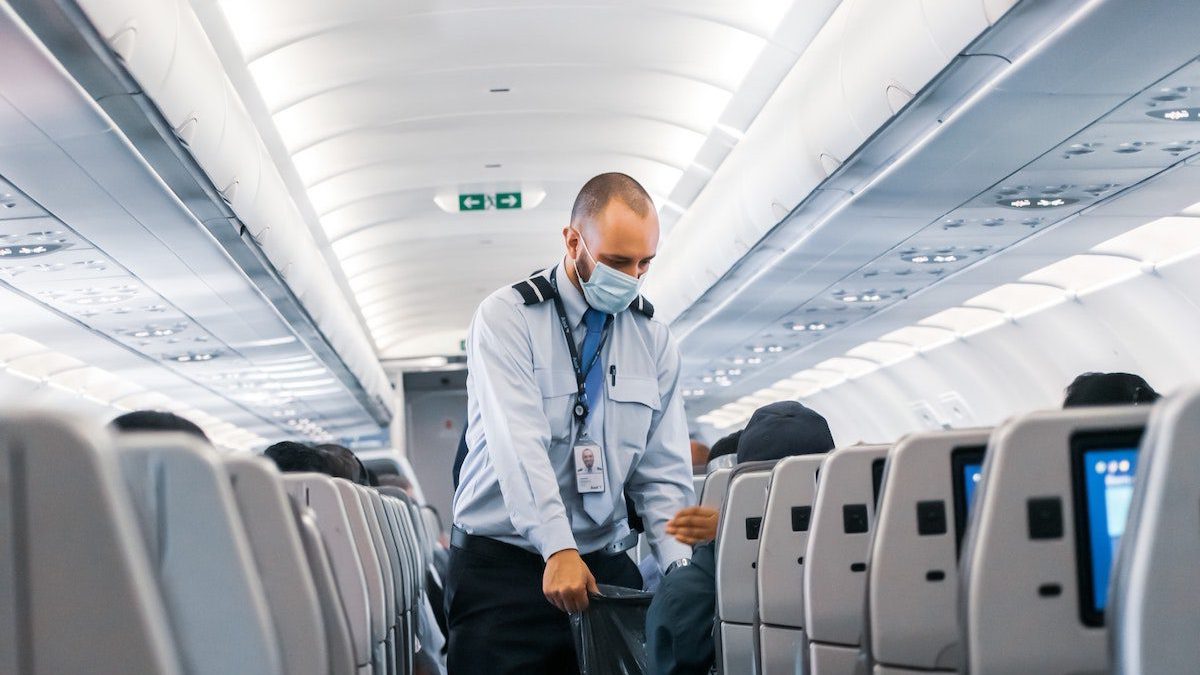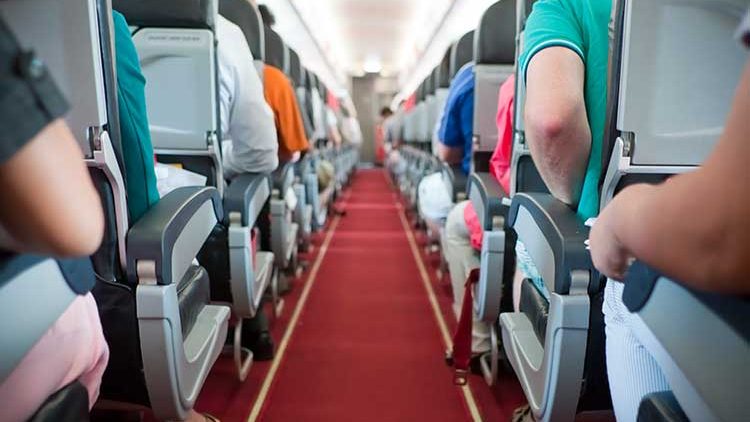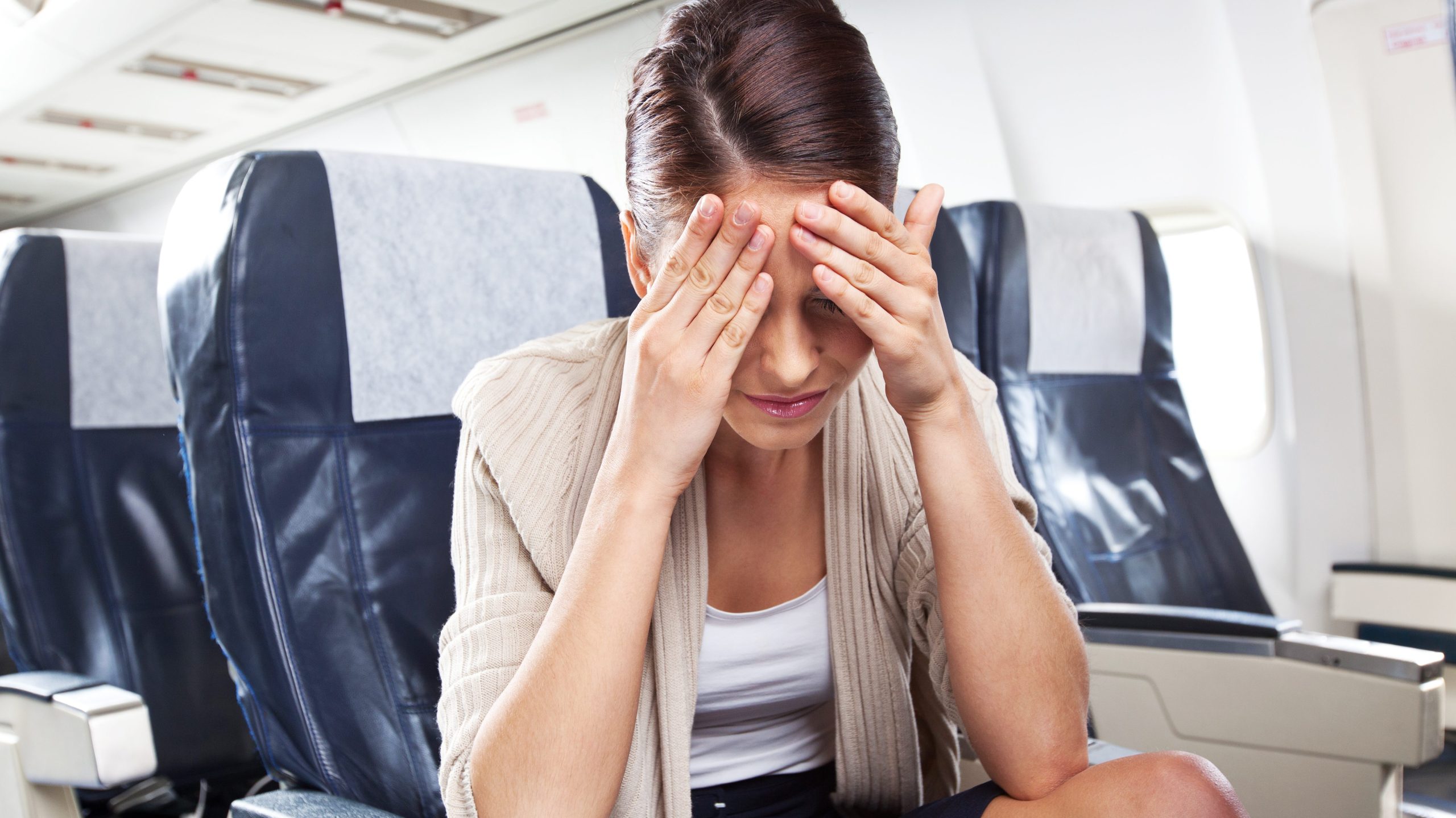
Air travel is a modern convenience that, unfortunately, comes with its share of challenges, including the possibility of falling ill during a flight. Whether it’s the recycled air, cramped quarters, or exposure to germs, feeling unwell on a plane is not uncommon. Knowing how to handle such situations can make a significant difference in your comfort and well-being. Here’s a guide on what to do if you get sick on a plane.
1. Avoid looking at screens
One of the first things to consider when feeling under the weather on a plane is minimizing screen time. The glare from screens can exacerbate symptoms and lead to discomfort. Instead, close your eyes, take short breaks from screens, and opt for other forms of entertainment like reading a book or listening to music.

2. Hydrate, hydrate, hydrate
Staying hydrated is crucial during air travel. The cabin air tends to be dry, which can contribute to dehydration and worsen symptoms. Make sure to drink water regularly throughout the flight to maintain your hydration levels. Avoid excessive consumption of caffeinated or alcoholic beverages, as they can contribute to dehydration.

3. Try to eat a little food
While the idea of eating might be unappealing when you’re not feeling well, consuming small, light meals can provide essential nutrients and help maintain your energy levels. Opt for easily digestible snacks and avoid heavy or greasy foods that could upset your stomach.

4. Take medicine
If you have prescribed medications or over-the-counter remedies for common ailments like headaches or nausea, be sure to have them on hand. Follow your doctor’s recommendations and take medication as directed to alleviate symptoms and make your journey more comfortable.

5. Stay seated
When unwell on a plane, it’s advisable to stay in your seat as much as possible. Moving around excessively can be challenging for you and disruptive to fellow passengers. Remaining seated helps prevent accidents, especially during periods of turbulence.

6. Tell a flight attendant
Don’t hesitate to inform a flight attendant about your condition. They are trained to handle medical situations and can provide assistance or, if necessary, coordinate with medical professionals on the ground. Flight attendants can also help make you more comfortable by adjusting your seating or providing additional amenities.

7. Look out for blood clots
Long flights increase the risk of blood clots, so it’s essential to keep blood circulation flowing. Perform simple leg exercises, such as ankle circles and knee lifts, to reduce the risk of clot formation. Additionally, make a conscious effort to stand up and move around periodically, especially on extended flights.

8. Avoid flying while sick when possible
If your illness is contagious or may worsen due to the flight conditions, consider postponing your travel plans. Not only will this protect your health, but it will also prevent the spread of illness to other passengers.

While getting sick on a plane is far from ideal, taking proactive steps can help manage the situation. By avoiding screens, staying hydrated, consuming light meals, taking necessary medications, staying seated, notifying a flight attendant, preventing blood clots, and considering postponing travel when unwell, you can navigate the challenges of air travel more comfortably. Remember, your well-being is a priority, and taking these measures can contribute to a smoother journey, even when unexpected health issues arise. Safe travels!





GIPHY App Key not set. Please check settings